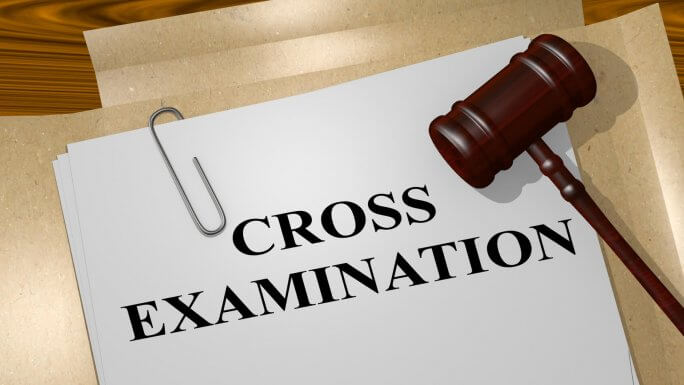STUDENTS ACCUSED of Sex Assault Are Suing Colleges And Winning in Court
Nearly a year after having what he claimed was consensual sex and she claimed was assault, the two Aquinas College students were back together, this time separated by a curtain. For 50 minutes, they appeared in front of a panel of employees of the college in Grand Rapids, Michigan. In a 10-minute opening statement, the male student defended himself against charges he had sexually assaulted the female student. The female student offered no opening statement. A few questions from the panel later, the hearing was done. Six days later, the male student was expelled. Ten months later, he filed a federal lawsuit. Several months after that, Aquinas settled the lawsuit. Those involved are barred from talking about the case by the agreement. In suing, the Aquinas student joined a growing tide of male students, accused of sexually assaulting fellow students, who have lodged federal lawsuits against their schools, alleging discrimination and violations of their due process rights.
In 2011, then-President Barack Obama’s administration urged universities to take more action on sexual assault complaints. Since then, universities have lost more decisions in these lawsuits than they have won, according to an analysis of federal court filings. Most of the losses are judges deciding against universities’ motions to dismiss the cases. The losses share a problem, said KC Johnson, a professor at Brooklyn College and the co-author of “The Campus Rape Frenzy: The Attack on Due Process at America’s Universities.” “One commonality is the lack of cross-examination,” he said. “Courts are saying each side should have the opportunity to question each other.”
One of the people paying attention to the court rulings is U.S. Education Secretary Betsy DeVos, who has proposed new regulations for how colleges handle sexual assault. Among the regulations — live hearings with cross-examinations.
usatoday-David Jesse

